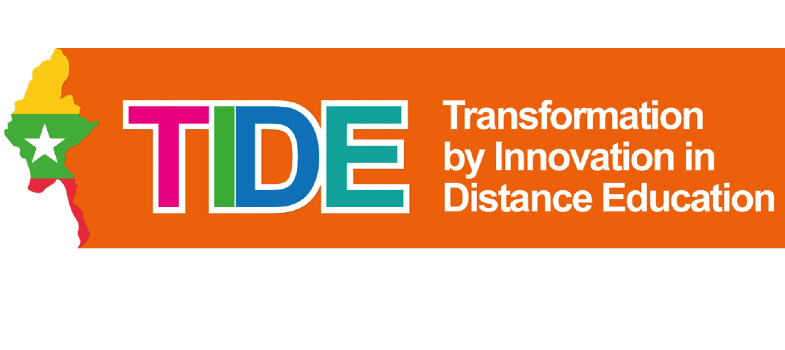Freely available resources
Wikipedia [Tip: hold Ctrl and click a link to open it in a new tab. (Hide tip)] is a well-known example of a freely available resource created by many different people. When searching for information on the web, you will often find that references to Wikipedia articles appear near the top of your list of results. Opinions on Wikipedia are often divided, as many people are sceptical about the quality of information held there. The best advice when assessing the accuracy of an article is to find out about the author and look at the references listed at the end. You could also keep an eye out for who has edited the page, how many times it has been edited and any conflicting agendas on the part of the editors. You can find this out by clicking on the ‘View history’ tab of any Wikipedia entry. Wikipedia is useful for getting a quick overview of a topic, but it is always wise to double-check what you find against other sources.
If you are looking for a particular type of media, you may find it useful to go to a site that brings those resources together. Some examples include YouTube for videos, Flickr for photographs, SoundCloud for music and podcasts, and the onlinenewspapers.com site which provides access to newspapers from around the world. It is often possible to interact with others on these sites by commenting on, rating, sharing or liking resources.
Open Educational Resources (OERs) have already been mentioned. This course is an example of an OER on the OU’s OpenLearn platform. The OER Commons network lists a large number of OERs provided by many people around the world.
The Open University Library also provides a list of good-quality freely available online resources that anyone can use. These resources cover a wide range of subject areas and are worth exploring if you have time.
3.1 Useful starting points
